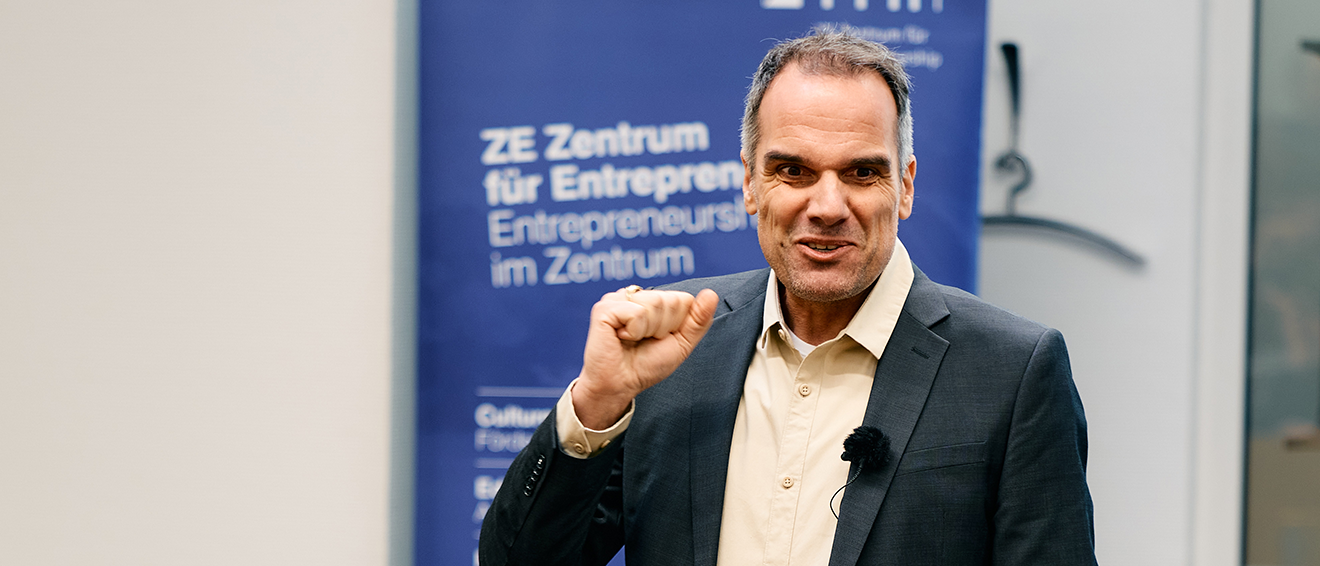𝗩𝗲𝗿𝗹𝗮𝘀𝘀𝗲𝗻 𝗦𝗶𝗲 𝘀𝗶𝗰𝗵 𝗱𝗮𝗿𝗮𝘂𝗳, 𝗱𝗮𝘀𝘀 𝗱𝗶𝗲 𝗞𝗜 𝘀𝗰𝗵𝗼𝗻 𝗮𝗹𝗹𝗲𝘀 𝗿𝗲𝗴𝗲𝗹𝗻 𝘄𝗶𝗿𝗱? 𝗜𝗵𝗿 “𝗽𝗲𝗿𝘀𝗼̈𝗻𝗹𝗶𝗰𝗵𝗲𝗿 𝗔𝘀𝘀𝗶𝘀𝘁𝗲𝗻𝘁”? 𝗢𝗱𝗲𝗿 𝗜𝗵𝗿𝗲 𝗨𝗻𝘁𝗲𝗿𝗻𝗲𝗵𝗺𝗲𝗻𝘀-𝗞𝗜?
Of course, the idea is charming. Everything I know or need to think about, want to remember or could forget – in future there will be an AI that doesn’t forget anything, takes care of things and assists me.
I would like to get rid of z͟w͟e͟i͟ ͟A͟s͟p͟e͟k͟t͟e͟:
1) Have you ever had a “𝗲𝗰𝗵𝘁𝗲” 𝗽𝗲𝗿𝘀𝗼̈𝗻𝗹𝗶𝗰𝗵𝗲 𝗔𝘀𝘀𝗶𝘀𝘁𝗲𝗻𝘁𝗶𝗻 / 𝗲𝗶𝗻𝗲𝗻 “𝗲𝗰𝗵𝘁𝗲𝗻” 𝗽𝗲𝗿𝘀𝗼̈𝗻𝗹𝗶𝗰𝗵𝗲𝗻 𝗔𝘀𝘀𝗶𝘀𝘁𝗲𝗻𝘁𝗲𝗻? It sometimes takes years to build up 100% trust, to have the procedures, preferences and experience to really remind you of everything, to arrange everything and not to forget anything. This is often not the assistant’s fault, but your own. In other words, you also have to teach your AI assistant this first. “𝗖𝗹𝗶𝗰𝗸 & 𝗥𝘂𝗻” 𝘄𝗶𝗿𝗱 𝗻𝗶𝗰𝗵𝘁 𝗳𝘂𝗻𝗸𝘁𝗶𝗼𝗻𝗶𝗲𝗿𝗲𝗻.
2) 𝗩𝗲𝗿𝘁𝗿𝗮𝘂𝗲𝗻 𝗶𝗻 𝗧𝗲𝗰𝗵𝗻𝗶𝗸 has been instilled in us by the fascinatingly calculable engineering and computer science of the last 100 years. This is why many people tend to “believe” an AI first. However, 𝗞𝗜 𝗸𝗲𝗶𝗻𝗲 (!) 𝗱𝗲𝘁𝗲𝗿𝗺𝗶𝗻𝗶𝘀𝘁𝗶𝘀𝗰𝗵𝗲 𝘂𝗻𝗱 𝗻𝗮𝗰𝗵𝘃𝗼𝗹𝗹𝘇𝗶𝗲𝗵𝗯𝗮𝗿𝗲 𝗧𝗲𝗰𝗵𝗻𝗼𝗹𝗼𝗴𝗶𝗲 is more. Nothing that could be reproducibly explained by mathematical algorithms. AI has no “feeling” for errors and can “invent” a solution in case of doubt instead of saying, I did something wrong or I don’t know. You could also call this “lying” in the boss/assistant relationship.
𝗨̈𝗯𝗲𝗿𝘀𝗲𝘁𝘇𝘁 𝗶𝗻 𝗱𝗲𝗻 𝗨𝗻𝘁𝗲𝗿𝗻𝗲𝗵𝗺𝗲𝗻𝘀𝗸𝗼𝗻𝘁𝗲𝘅𝘁 𝘀𝗶𝗻𝗱 𝗯𝗲𝗶𝗱𝗲 𝗔𝘀𝗽𝗲𝗸𝘁𝗲 𝗱𝘂𝗿𝗰𝗵𝗮𝘂𝘀 𝗽𝗿𝗼𝗯𝗹𝗲𝗺𝗮𝘁𝗶𝘀𝗰𝗵.
Only the sensible, guided, planned and accompanied use of AI can lead to genuine assistance functions. AI assistants that are left alone with this task will not be able to meet expectations.
And this is precisely the great challenge of knowledge management in the age of AI!
#informatikersindcool#kimanchmalauch#unternehmensstrategie





